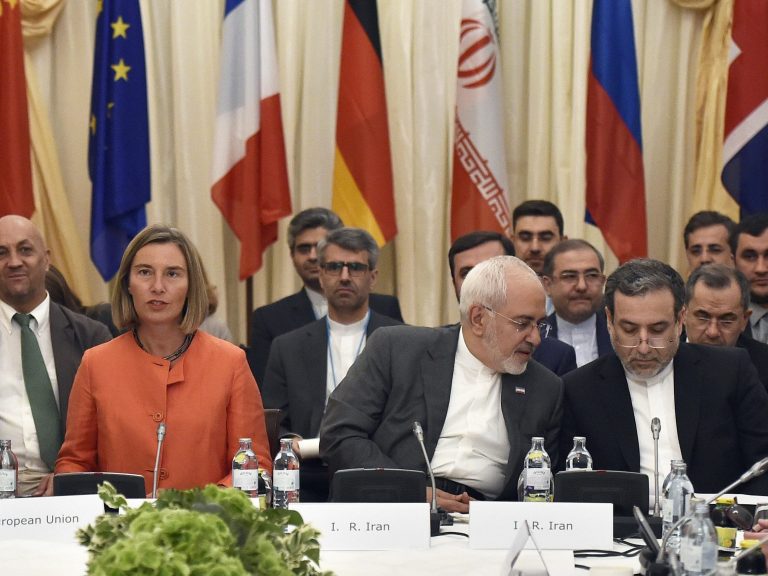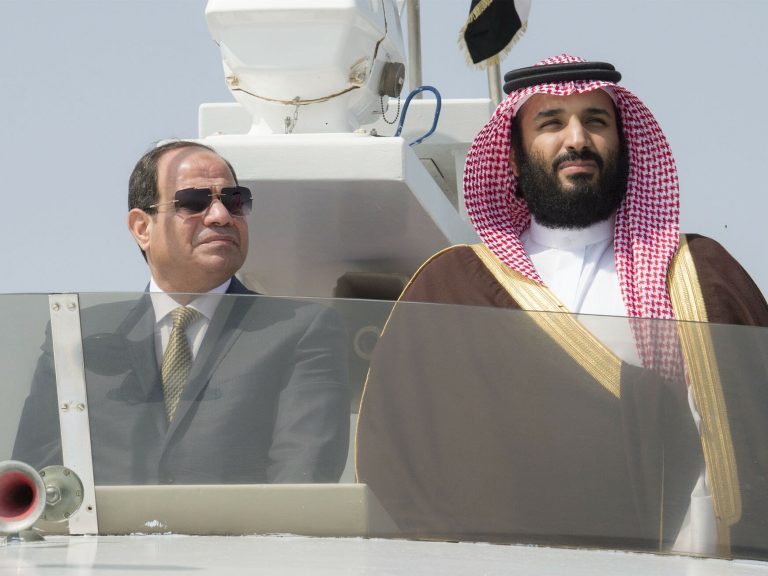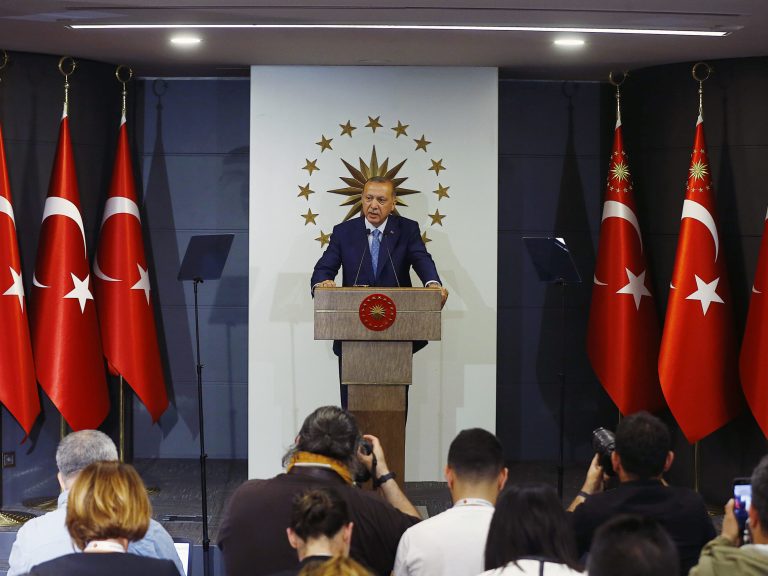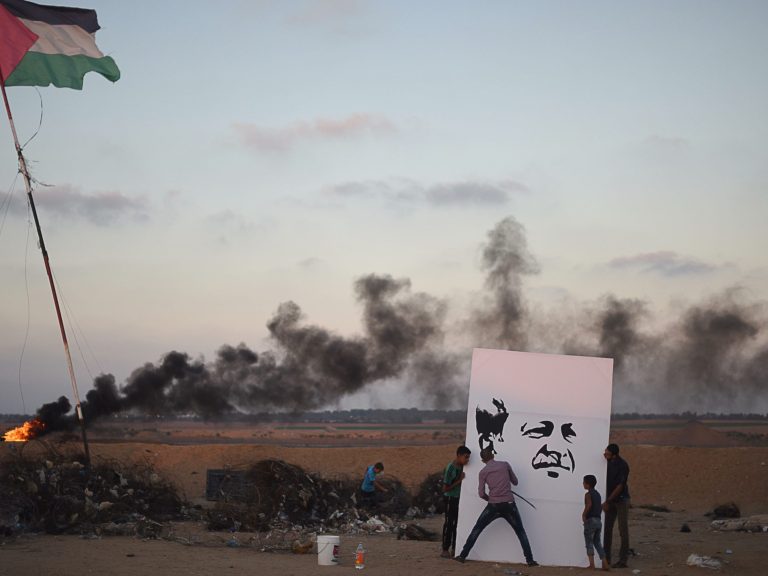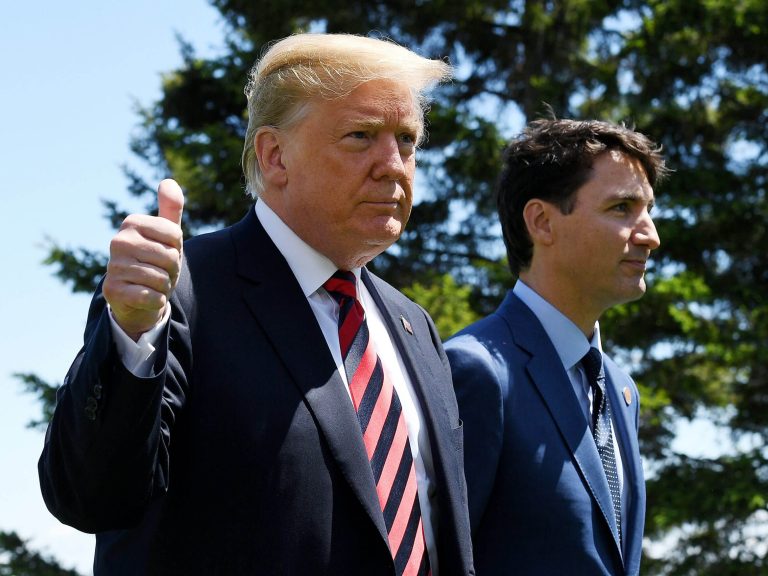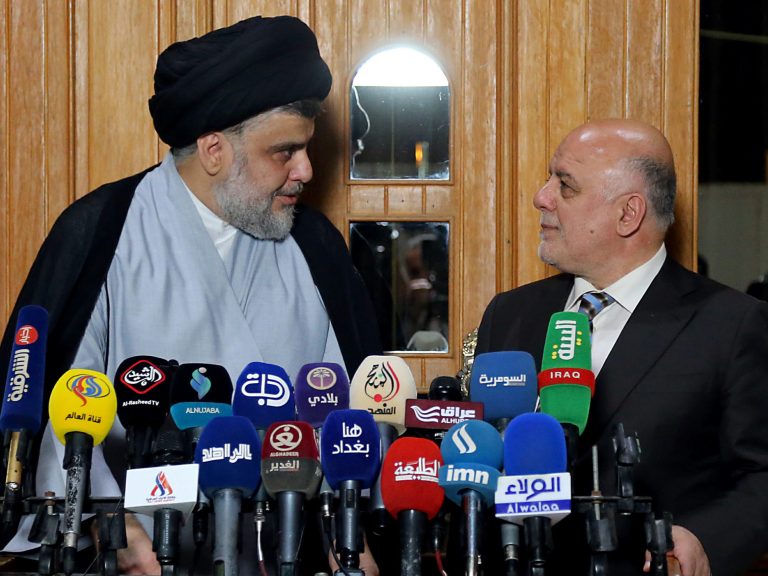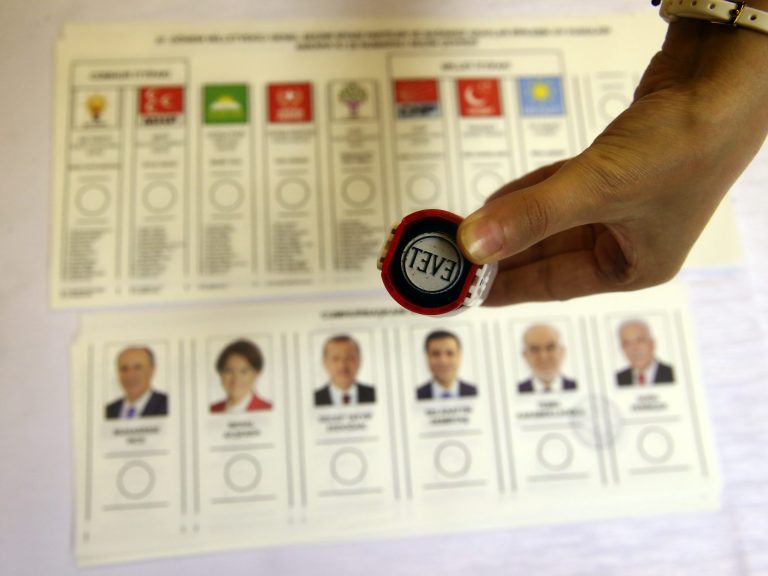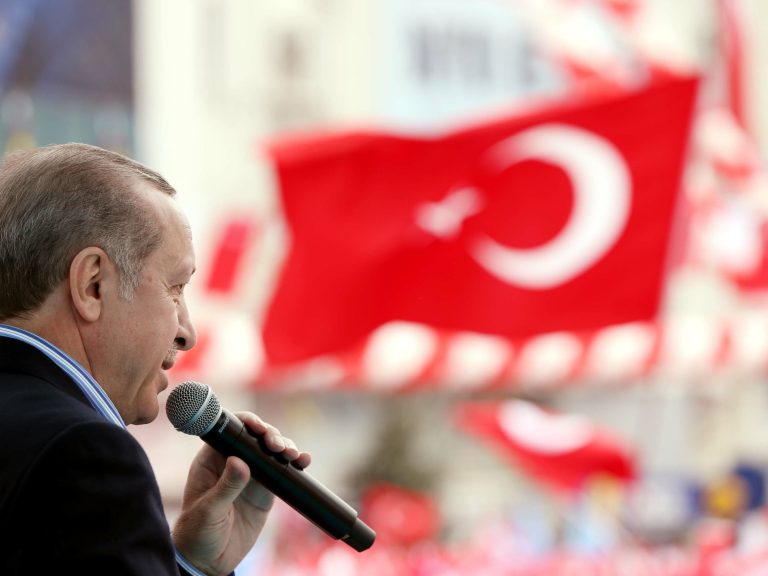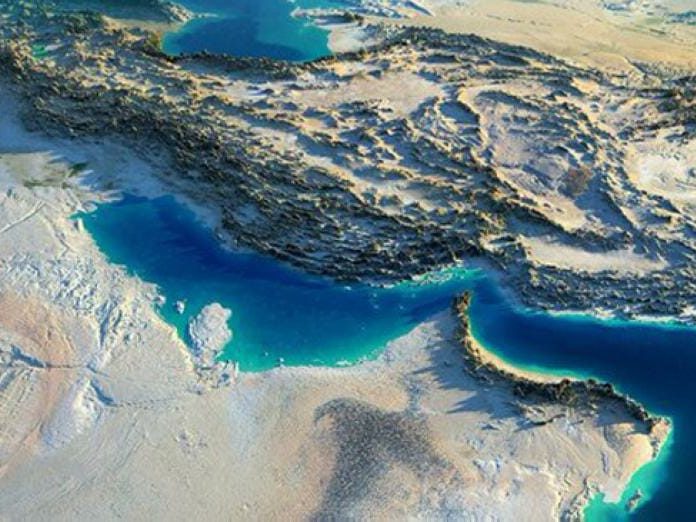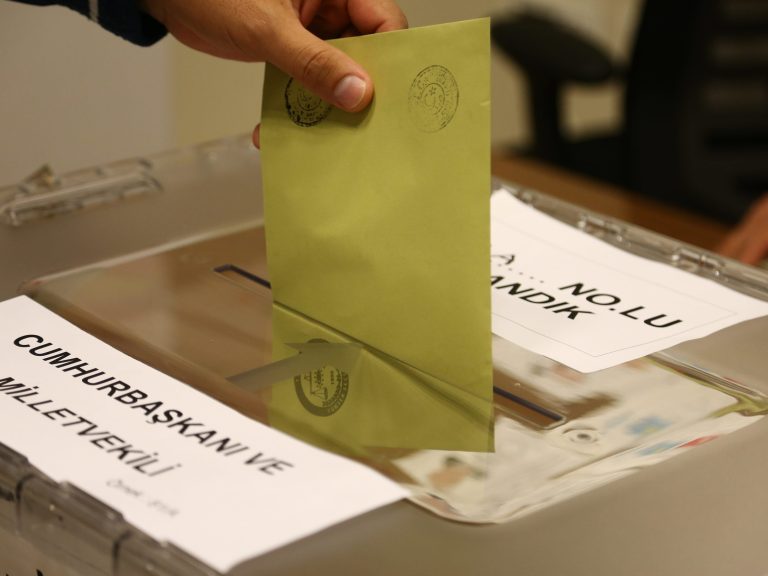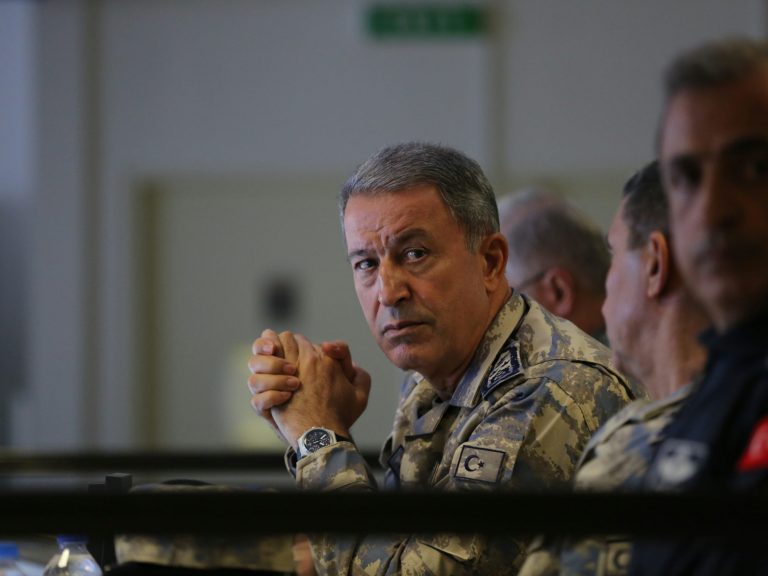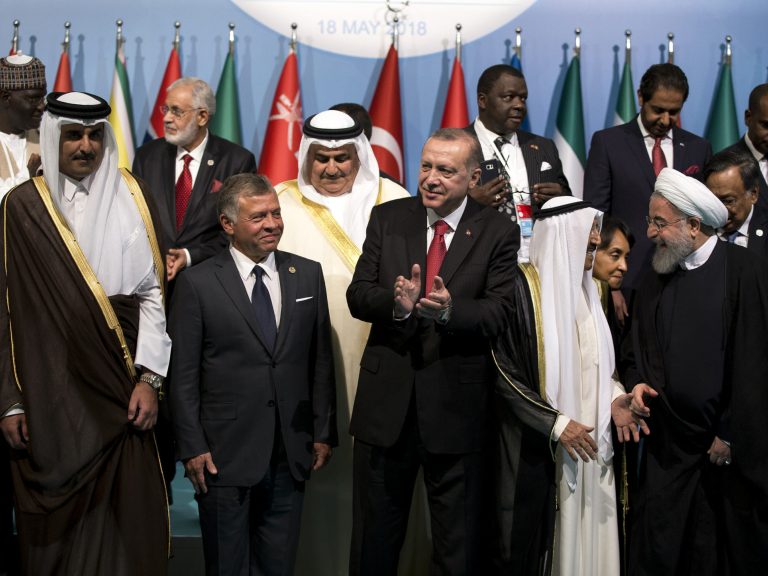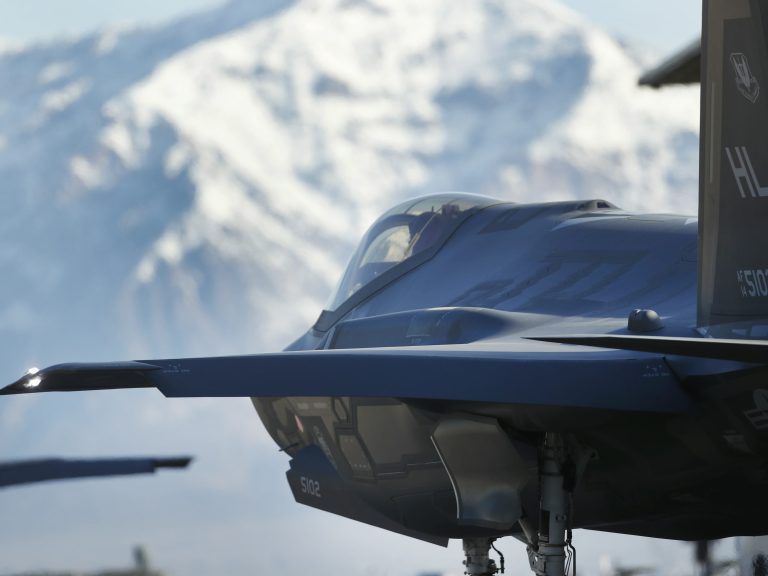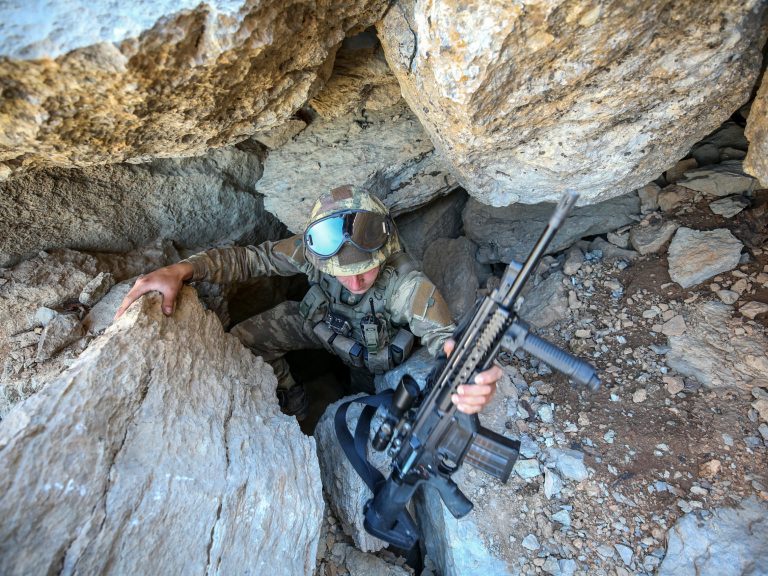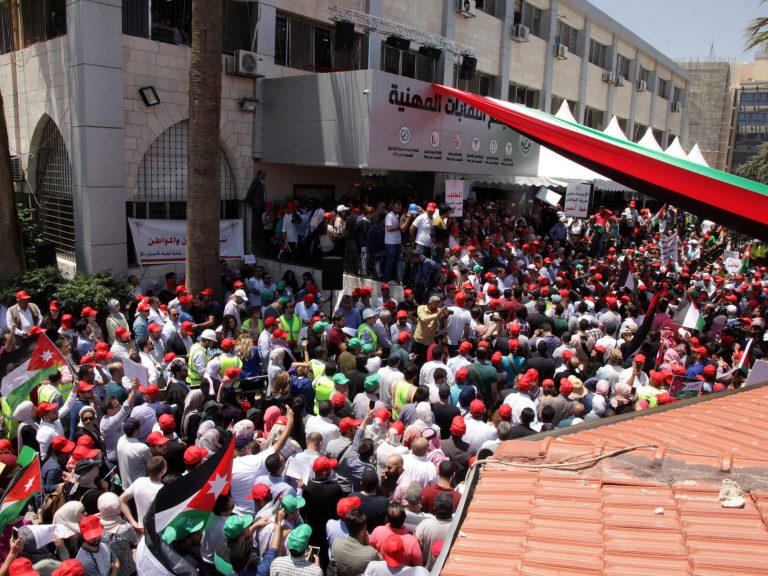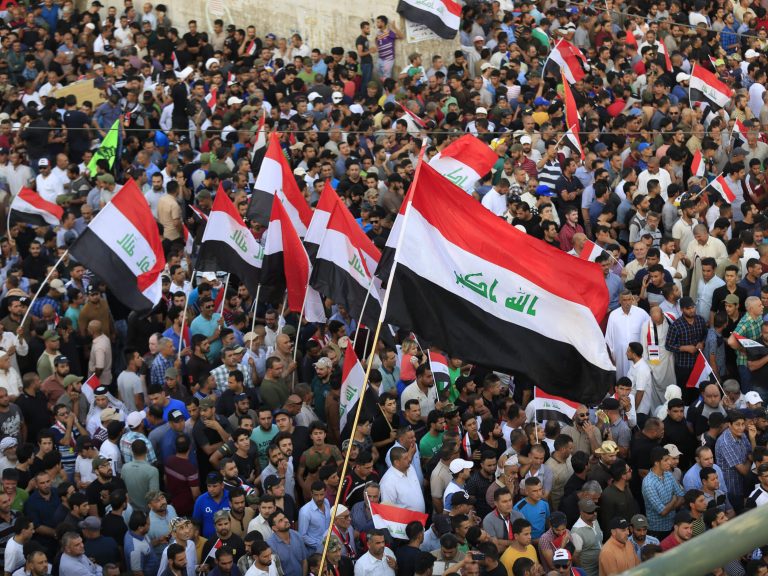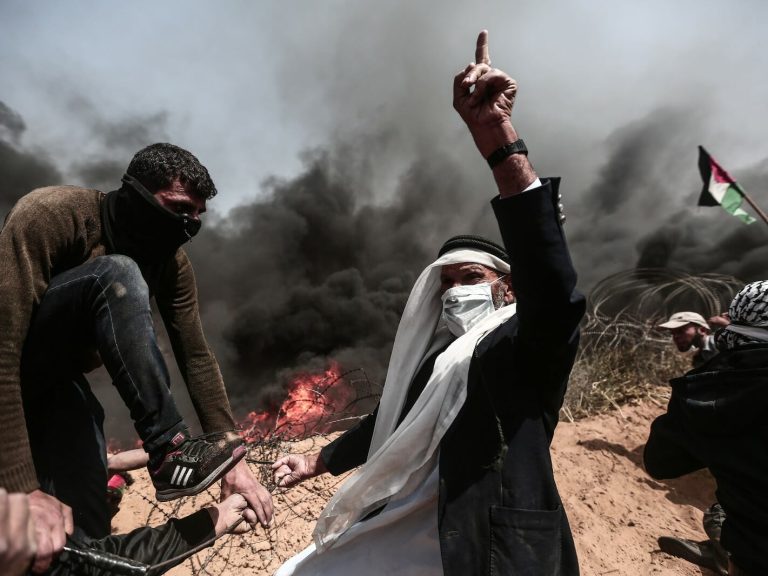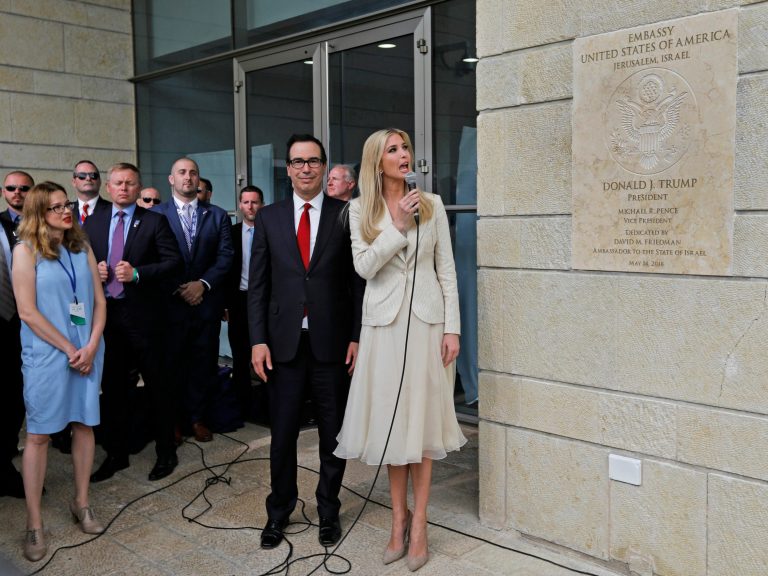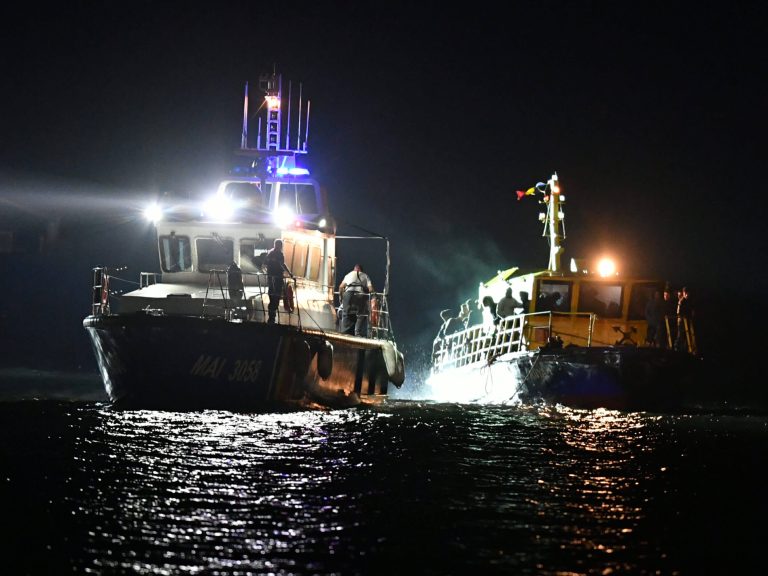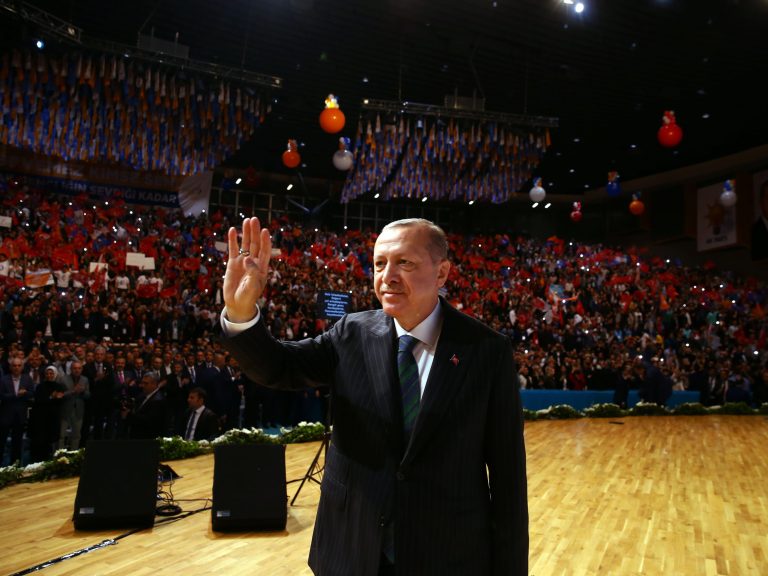pon the request from Iran, on July 6, 2018, the remaining parties of the Joint Comprehensive Plan of Action (JCPOA) gathered to discuss the future of the agreement at the Joint Commission.
Too Weak to Survive, Too Big to Fail: The Unknown Future of the Sisi Regime in Egypt
As a result, the Sisi administration transferred the strategic Tiran and Sanafir islands to Saudi Arabia and supported the political blockade initiated by the UAE against Qatar.
Turkey’s Post-election Foreign Policy Agenda
Turkey will want to sustain the current agreement between Turkey, Russia, and Iran.
Turkey’s Election and Erdogan’s Middle East Policy
The number of world leaders, including presidents of Iran, Russia, France, the U.
The Rise of Asia Against the Weakened Western Alliance
One should note that several decisions made by President Trump, such as withdrawing from the Trans-Pacific Partnership (TPP), the Paris Climate Agreement and the nuclear agreement with Iran (JCPOA), opening NAFTA for renegotiation, putting negotiations regarding the Transatlantic Trade and Investment Partnership (TTIP) on hold and recognizing Jerusalem as the capital of Israel has led to deep differences of opinion between the U.
The Indecisive 2018 Election Results and the Prospect of Civil War in Iraq
and Iran race for influence and hegemony in the country has speeded up the deterioration of conditions in Iraq.
Projections for Sunday’s Elections in Turkey
Many would bet for a victory for Erdogan but with a divided parliament, which will make politics quite hot for…
Post-Nation State in the Middle East and the Turkish Model
While the Iranian model is based on Shiite sectarianism, the Saudi model offers Sunni sectarianism or Wahhabism as its legitimacy base.
Canal of Shame: Gulf Crisis and Saudi Arabia’s Salwa Canal Project
Countries such as Oman, Kuwait and Jordan have been having second thoughts about their relationships with the Gulf neighbors as they eye to have better relations with other regional powers such as Turkey and Iran.
The June 24 Elections: Turkey’s Search for Stability
and Iran over the nuclear issue are only some of the examples of an increasingly unstable environment.
How Turkey Has Changed its Counter-Terrorism Policy Against the PKK
Iran is currently neutral toward Turkey’s ongoing operation.
The Gulf Crisis and the Changing Nature of Political Alliances in the Middle East
For many years, Oman had been following a balanced policy between Saudi Arabia and Iran.
F–35 Case: Not the First Time, Won’t be the Last
clearly defines the potential hostile countries as Russia, China, North Korea and Iran.
Turkey’s Offensive in Iraq: The Target is Qandil
If Iraq will be cleared of the PKK altogether, it will have to receive the support of Iraq or even Iran, which otherwise might be a retreat or even a logistical support zone.
Protests in Jordan and Future Challenges for King Abdullah
Jordan has also hinted that it can have better relations with Iran and may develop a strategic partnership with Turkey.
The Decline of Diplomacy: How Trump is Destroying the Middle East
secession from the Joint Comprehensive Plan of Action (JCPOA), or the Iran Deal, sealed by the international community, in which the U.
The US Pretends No More in Giving Israel What it Wants
President Trump delivered two major victories - withdrawal from the Iran nuclear deal and the Jerusalem move - to the Israeli Prime Minister Netanyahu within a matter of weeks without any Israeli concessions toward peace.
Uninvited Guests of the Inhospitable Sea
5 million registered Syrian refugees, also hosts many Afghan, Iranian and Iraqi migrants on the status of international protection.
Erdogan’s New Way in Turkish Foreign Policy
The role of Russia and other alternative power centers are particularly significant since President Erdogan strongly underlined in his manifesto that Turkey would work with Russia, Iran, and China just as much as it works with the U.
